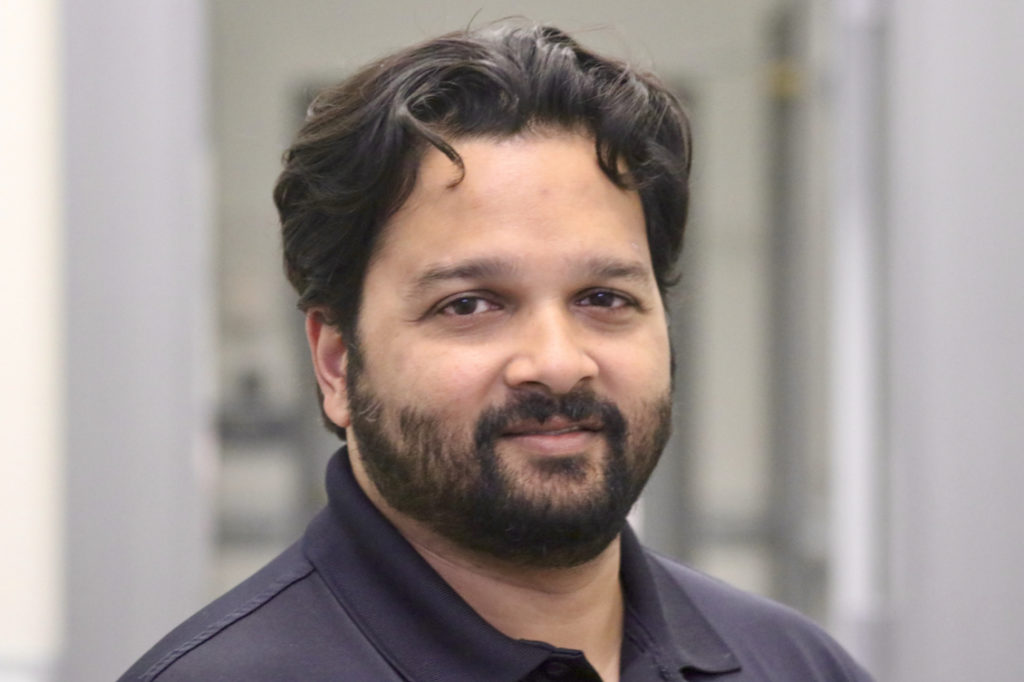
What can we do in the coming New Year to help build inclusive communities amid a time of polarization?
“Courage is what it takes to stand up and speak; courage is also what it takes to sit down and listen.” — Winston Churchill
BY RAJ ISLAM
Polarization across our country feels especially profound. Race, religion, political affiliation and other aspects of identity seem to drive wedges between neighbors, classmates and colleagues. The Virginia Beach Human Rights Commission is dedicated to preserving and advocating for the human rights of all, and we have been inundated with reports of hate crimes and incidents of bias across our locality and country.
And we have seen those incidents rise rapidly.
The commission has stood, spoken out and taken action in response to acts of hatred and bigotry. We have worked proactively to prevent the erosion of human rights in our city. Perhaps the most valuable and decisive action we have undertaken is to listen.
It is human to feel compelled to react and quickly identify a solution to heal the increasing deep divide. However, we must resist the urge to rush toward a “solution.” Instead, we must recognize when a perspective may be missing. If all voices are not being considered, then the possibility for a sustainable, inclusive solution is diminished.
Yes, persistent disparities and divides should prompt the community’s vigilant attention, concern and action. So what can people do to support sustained inclusion in our communities?
Award-winning journalist Charlayne Hunter-Gault said, “If people are informed they will do the right thing. It’s when they are not informed that they become hostages to prejudice.” We urge everyone to consider:
► Connect. We need to take the time to connect with people from diverse backgrounds. Too often, our neighborhoods are separated in ways that do not allow for deep connections with people who are different from us. It is through these connections that we gain knowledge and understanding, which can help to develop empathy for one another.
► Listen and reflect. Once people have connections with individuals from different backgrounds, we need to find meaning in the similarities and differences of the experience. We need to ask ourselves, why are some groups more likely to be targeted by hate crimes than others? What conscious or unconscious biases might exist about certain groups that result in disparate outcomes in schools, housing and the criminal justice system?
► Act. Taking action can happen in large and small ways. It can be a public expression of solidarity, such as volunteering with organizations working to make our community more inclusive and respectful. It could mean speaking up when we hear family members or coworkers promote a stereotype. It could mean reporting a concern to the Virginia Beach Human Rights Commission. It also could be deciding to refrain from speaking over someone who has a different opinion and instead be willing to “sit down and listen.”
These are ongoing commitments, not one-time efforts. Our neighbors and friends who face increased bias must know that we will stand with them and will continue to do so even when news cycles change or politics evolve.
We must strive to actively listen and to educate ourselves and our neighbors in order to transform attitudes, behaviors and policies.
Building an inclusive community is not a lofty goal. Instead, it is an attainable one if we all work together.
Islam is the chairperson of the Virginia Beach Human Rights Commission.

The Independent News posed a question to community leaders, writers and artists: What can we do in the coming New Year to help build inclusive communities amid a time of polarization? If you would like to share your own thoughts, respond to this project or even complain, please email letters@princessanneindy.com.
© 2017 Pungo Publishing Co., LLC

